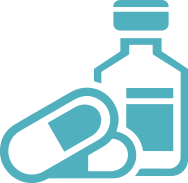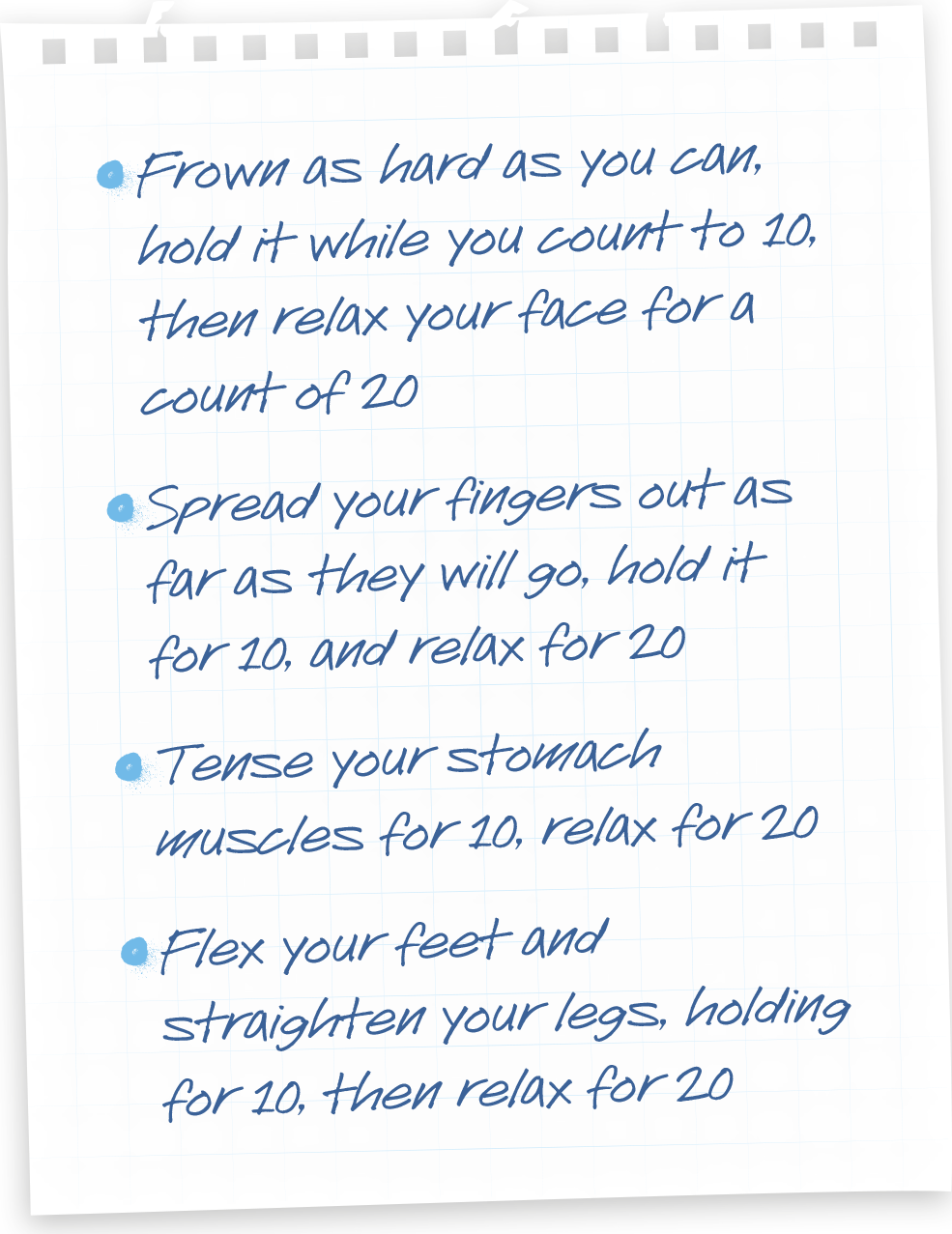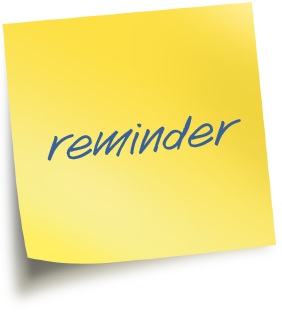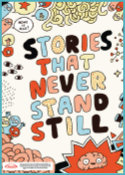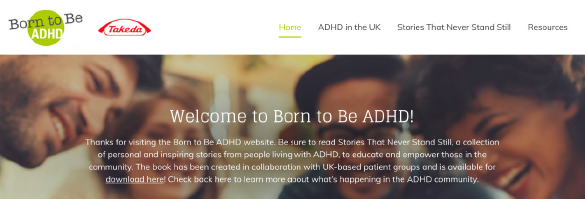Now you know a bit more about what causes ADHD, how it affects your brain, and your daily life, let’s look at a list of helpful ways to deal with some of the issues ADHD can cause in your daily life.
-
Making ‘The Deal’ is where you agree to do something with your parent, carer or teacher, like being on time, tidying your bedroom, or being organised at school
-
You should try to make ‘The Deal’ in writing, and if you keep your side of the bargain, agree to get a reward!
-
Keep ‘The Deal’ simple – and don’t try many deals at once – build them up over a period of time so that you get used to completing them
-
Having ADHD might make you feel stressed, and if you’re stressed it can lead to things like:
-
Problems sleeping
-
Eating less (or more)
-
Feeling anxious or irritable
-
Feeling angry or losing your temper
-
Worrying
-
Making risky decisions
-
Headaches
-
Tension
-
A good way to deal with stress is to do some relaxing routines
-
This could be finding somewhere that’s quiet and comfortable, laying down on your back (or standing with your back against a wall) and closing your eyes. Then do some or all of these two or three times:
-
You might find it hard to ‘relax for 20’ at first, but keep trying because you’ll get better with practice
-
And don’t worry if you start to feel tired – that means you really are relaxing!
-
Routines, checklists and timetables are a great way to help with some of the chaotic characteristics of your ADHD
-
Your parent or carer may set up some routines, checklists or timetables for you, which can help you stay more organised, and help with what you do every day
-
If you write things down, it can help you remember better
-
For instance, if you write down what you need for school, or have your school timetable next to your bed, you’re less likely to forget stuff
-
Sticky notes help as well, but not too many, and make sure you write neatly!
-
Why not include a routine as part of ‘The Deal’ and agree a reward for sticking to it!
-
Do you ever feel like you can’t switch off at night?
-
People with ADHD sometimes find it difficult to get to sleep, or to get enough quality sleep, and this can make your symptoms worse
-
Being tired all the time isn’t fun and worrying about it can make things worse!
-
Try these things to help you get a better night’s sleep:
-
Do some sport or exercise because this can really help make you tired
-
Keep your routines and checklists on a sheet of paper next to your bed, and have a read through before you switch off the lights, so you aren’t worrying about things you might have forgotten
-
Go to bed a bit earlier, and do some of the stress-beater exercises
